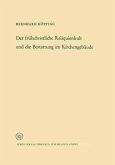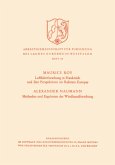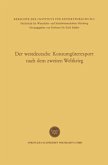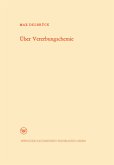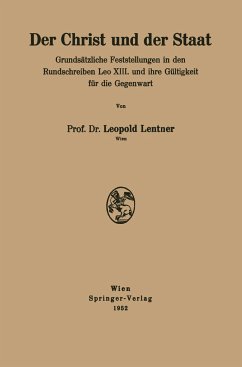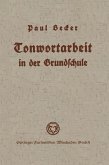The true appreciation of the Second Vaticanum requires an analysis of the action of various forces, distinguishing between inner forces (the Pope, the Roman Curia, the legislative assembly, the assembly of bishops, the Officials of the Church Council, informal groups, Council theologians etc.), and externat forces (political powers, means of communication etc.). The important event in the Second Vaticanum in Autumn 1962 was the fact that bishops from all parts of the world very quickly became conscious of their unity and fellow feeling. Thus it was made possible that the issue of the First Vaticanum dealing with the supremacy of the Pope was supple mented at the Second Vaticanum by the theology of the Church and the Episcopate. Starting from the basis of self-understanding the Council strove towards an understanding of the Church in the modern world. The Council declared that the Church does not play the part of a mere ob server outside the world. Neither does the Church carry ona mere dialogue with the world. No, the Church is present within the world, though she is not of this world. As to the relation of the Church with the world, the Council showed four perspectives: 1. As modern mankind is getting more and more conscious of its own solidarity, its strive for a unity in the religious sphere is obvious.
Hinweis: Dieser Artikel kann nur an eine deutsche Lieferadresse ausgeliefert werden.
Hinweis: Dieser Artikel kann nur an eine deutsche Lieferadresse ausgeliefert werden.


